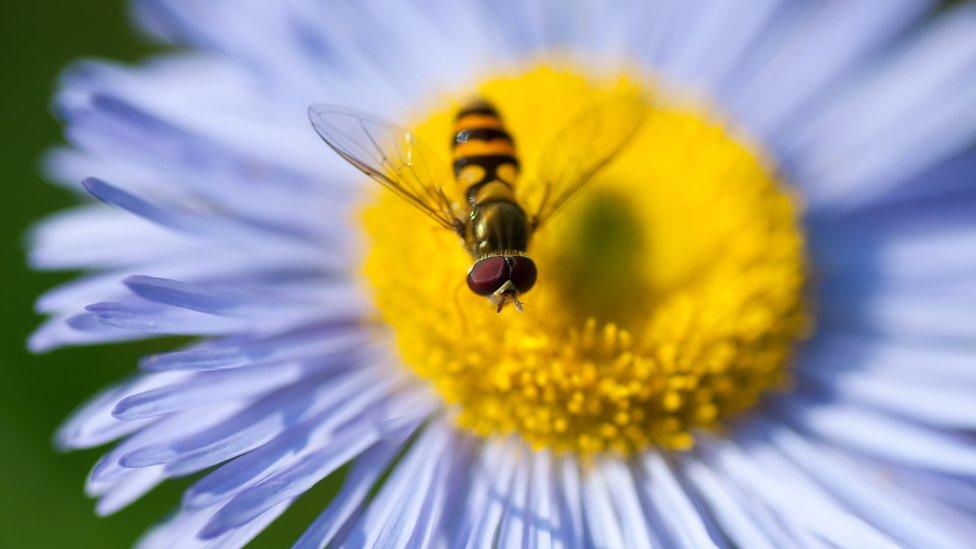'Bee corridor' planted in London to boost insect numbers
- Published
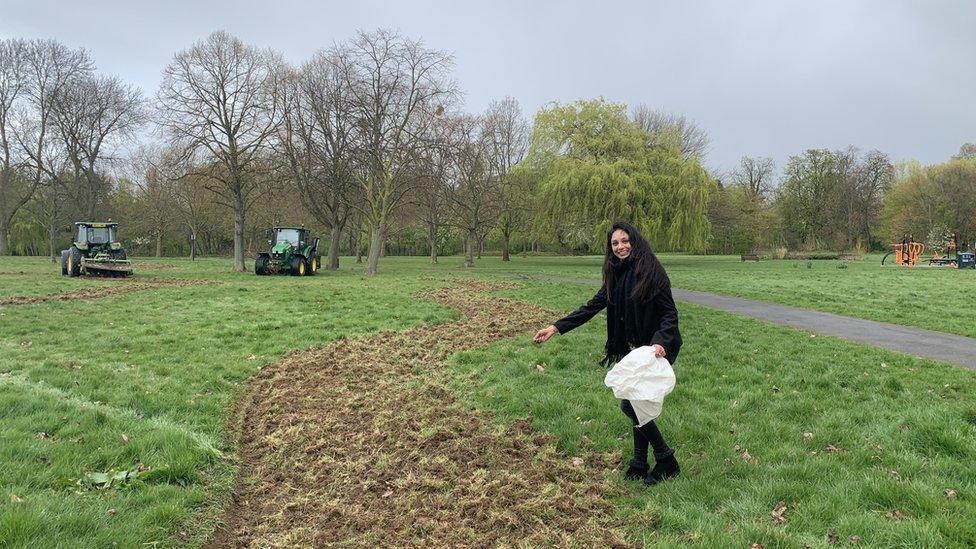
Krupa Sheth says the "bee corridor" will be ready by the summer
A seven-mile long "bee corridor" is being planted in a bid to boost the number of pollinating insects.
The wildflower meadows will be put in place in 22 of Brent Council's parks in north London.
A recent study, external blamed the decline of wildflowers as a factor behind the drop in pollinating insect numbers in the UK since the 1980s.
Councillor Krupa Sheth said bees were "so important for pollinating the crops that provide the food that we eat".
She added: "We must do all we can to help them to thrive."
The seeds will be sown across parks in the Brent Council area including Barham Park, Gladstone Park and Tiverton.
Projects manager Kelly Eaton said: "The team curated the mix of wildflowers with bees and other insects in mind, choosing varieties that would attract these pollinators."
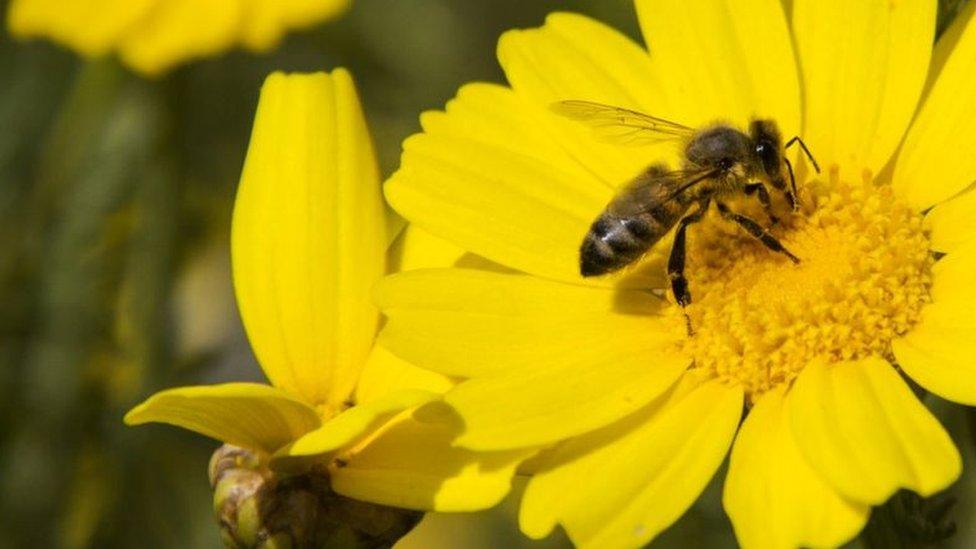
The corridor being planted in Brent will stretch across 22 parks
The idea has been praised by Labour leader Jeremy Corbyn as "a fantastic initiative".
In March, a new study found a third of British wild bees and hoverflies were in decline.
Scientists warn that the loss of nature could create problems in years to come, including the ability to grow food crops.

A swarm of bee facts
There are about 250 species of bees
Bees can fly as far as five miles (8km) for food, however the average distance is less than half a mile from the hive. They use the position of the sun to navigate
They have a top speed of about 15-20mph (21-28 kmph) when flying to a food source
The honey bee has five eyes, two large compound eyes and three smaller ocelli eyes in the centre of its head
In the height of summer, there are an average of 35,000-40,000 bees in a hive, in the winter this drops to about 5,000
Other than honey, bees also produce beeswax, bee bread and royal jelly
Source: British Beekeepers Association
- Published26 March 2019
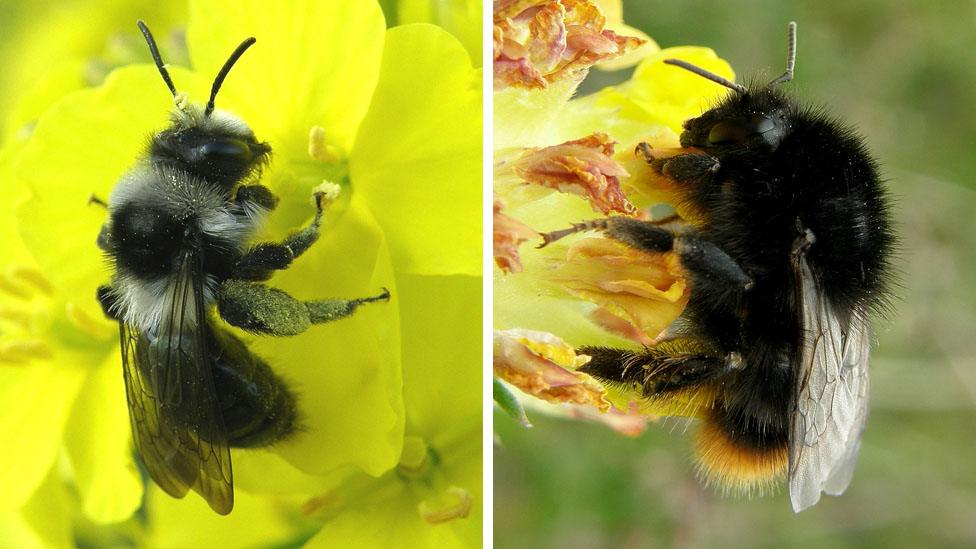
- Published22 February 2019
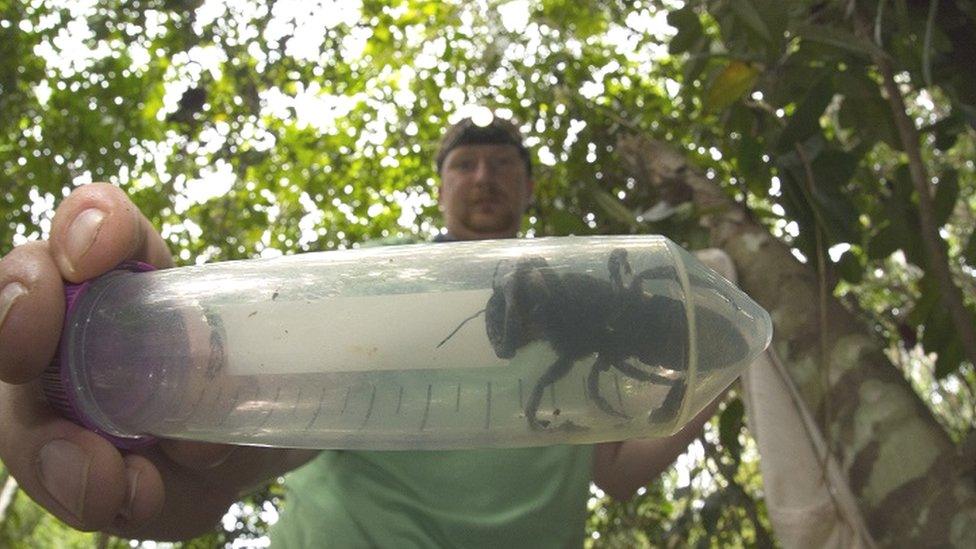
- Published19 September 2018
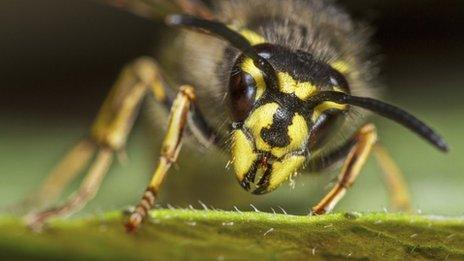
- Published28 February 2018
